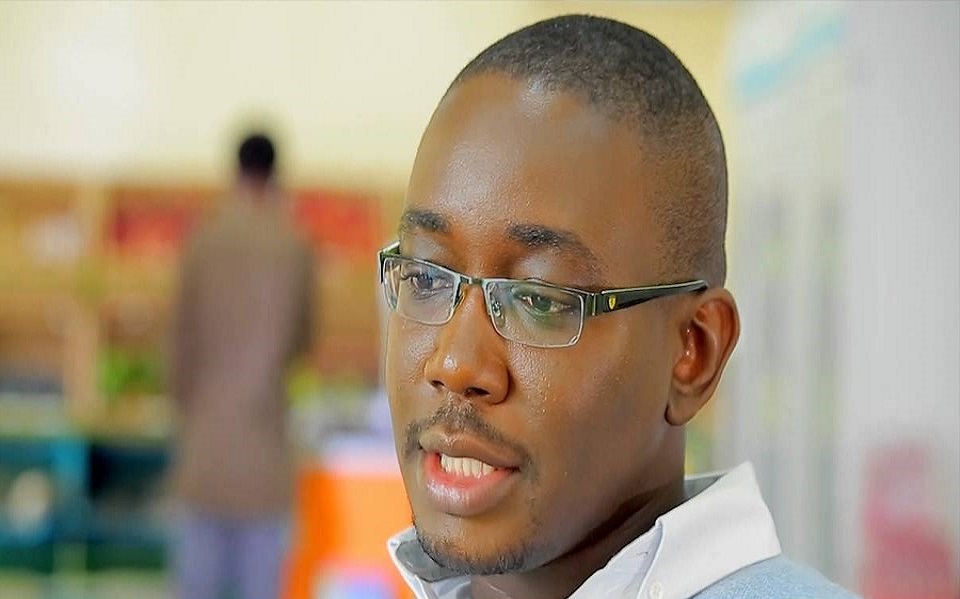By
Abiola OdutolaThe poor state of roads in Nigeria, unfavourable policies like the purported Value Added Tax hike, and lack of cheap credit have eaten deep into the fabric of Small and Medium Enterprises, especially ones that operate within the food segment.
This was disclosed by the Chief Executive Officer, So Fresh Limited, Olagoke Balogun, in an exclusive interview with Nairametrics during the recent 10th anniversary of the food company.
According to him, timely access to fresh fruits and the right type,
which is usually hampered by bad roads across Nigeria, has been a major
challenge to production for the company over the years.
This is one of the reasons the company depends on raw materials imported from Cotonou, Benin, where it sources specific kinds of pineapples and green apples.
However, since the closure of the border, business hasn’t been the
same, as suppliers continue to call to report unavailability of these
fruits.
He said, “A lot of pineapples and coconuts consumed in Nigeria
are imported from neighbouring countries. That alone is a challenge, as
it increases the prices of our products. Sometimes you have those goods
far away in Benue but getting them to Lagos is a big challenge. Also,
challenges in logistics affect the fruits and vegetable market.”
On what he described as counter-productive policies by states and the
federal government, the So Fresh co-founder explained that policies, multiple taxes, the rumoured VAT hike, and the cost of doing business have been sources of hindrance in SMEs production.
Unfortunately, he does not see that changing anytime soon. “These
are still issues for us, but we have been able to cope more with it
because the company has grown and we now understand our rights better,
as we can challenge on somethings; we could not do that 10 years ago. We
pay multiple taxes across parastatals, agencies, as everybody comes
wanting to have a pie of what they think you have. it is almost an
on-going battle for us.
“When we pay VAT, we are not able to charge our clients because a
lot of our suppliers don’t issue VAT receipts and we end up paying the
full value of VAT. It is Nigeria, we cope and learn through it, and we
will continue to do the best we can,” Balogun said.
According to him, though So Fresh has
continued to grow since its establishment in 2010, the company’s growth
has slowed down in recent years because of the economic situation of the
country.
He said that the economy was dragging the growth of the business,
increasing the cost of production, and affecting the purchasing power of
its customers.
“The most obvious one is the rising cost. If you look at the cost
profile for the business over the last nine years, it has been on a
steady increase.
“In fact, within the last two to three years, we’ve almost
doubled some of the cost of raw materials of things we use. And when we
had the forex crisis, the price of almost everything doubled. We are
almost reliant on diesel because outlets have to be powered. There’s
also less spending power. When prices continue to increase, people will
prioritise their needs, so it will affect the purchasing power of the
populace. That’s also a concern,” he told Nairametrics.
Meanwhile, Kehinde Olomojobi, a Board Member of So Fresh, disclosed that the company would be injecting about $10 million into its expansion project within Africa. “This
is to continue to inspire Africa to embrace a healthy lifestyle and to
be one of the top companies to work within Africa. We will start with
Ghana and other parts of West Africa,” he said.
What you should know
As an indigenous company, So Fresh isn’t
only promoting healthy living and food safety, the company prides itself
in providing job opportunities and training for young Nigerians,
thereby giving them a source of living.
The company currently has over 120 staff with over 1000 people who
have passed through the system. In addition, he maintained that the
company served over 200,000 customers across board, and in 2019, So Fresh served over 600,000 meals.
For the past 10 years, So Fresh has
maintained the leading position as the number one healthy food
restaurant chain, providing fresh, delicious, nutrient-rich healthy
meals and inspiring Nigerians to have healthy lifestyles.
The company currently has outlets in Opebi, ikoyi, Lekki 1, Surulere, Yaba, MM2, Ogudu, Oniru all in Lagos, and Gwarinpa in Abuja.





No comments :
Post a Comment